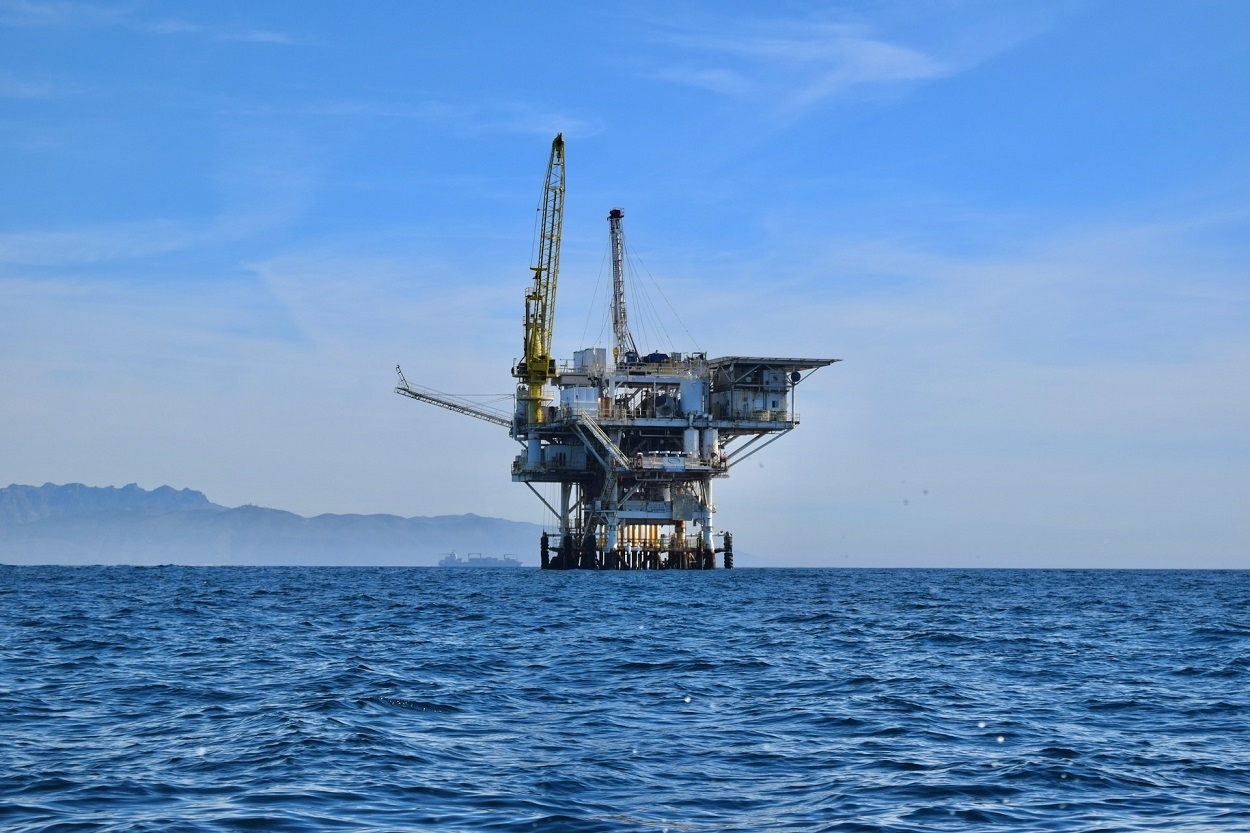Greece Returns to the Energy Spotlight
After decades of debate and missed opportunities, Greece is making a decisive comeback in hydrocarbon exploration.
- Block 2 in the Ionian Sea has emerged as a strategic focal point.
- Energy Minister Stavros Papastavrou emphasized that the 2027 exploratory drilling marks the first attempt after four decades.
- The entry of ExxonMobil with a 60% stake in the consortium, alongside Helleniq Energy and Energean, signals serious and promising indications of a potential gas reservoir.
Economic Potential and Impacts
Seismic surveys currently suggest a potential reserve of approximately 200 million cubic meters of natural gas. If confirmed by drilling, the economic implications for Greece would be substantial:
- Fiscal revenue: through royalties, taxes, and profit-sharing from the consortium.
- Increase in national wealth: domestic gas reserves will be recognized as real national assets.
- Catalyst for other concessions: a successful Block 2 result would boost investor confidence across other upstream projects.
In short, a positive outcome would ripple far beyond a single gas field, activating the country’s entire hydrocarbon strategy.
Geopolitical Dimension
ExxonMobil’s involvement adds a dual layer of significance:
- Economic and technological: a major international player increases credibility and commercial viability.
- Security and deterrence: under U.S. legal frameworks, American-involved infrastructure enjoys protection, strengthening Greece’s strategic posture in the Eastern Mediterranean.
- Greece could become a gateway for U.S. LNG to Southeastern Europe and Ukraine.
- Sends a clear signal of stability to markets, attracting more international capital.
exxon mobil
Political Layer
This initiative is not just about energy—it’s also a game of political capital and influence:
- The government aims to position itself as a key player in regional energy geopolitics, turning theoretical reserves into real strategic assets.
- Opposition parties are monitoring closely, as any discovery or delay could affect the government’s political leverage.
- Public discourse over the reservoir intersects with EU energy policy, as Greece seeks balance between the green transition and exploiting domestic resources.
Greece at a Critical Juncture
The next decade for the Ionian Sea could be decisive for:
- National economy: increased revenues and investment flows.
- Geopolitical influence: enhanced positioning in Eastern Mediterranean energy dynamics.
- Energy strategy: transitioning from theoretical discussion to practical application.
2027 could determine whether Greece evolves from a theoretical player to a strategic natural gas hub, with economic, political, and geopolitical consequences.
Source: pagenews.gr
